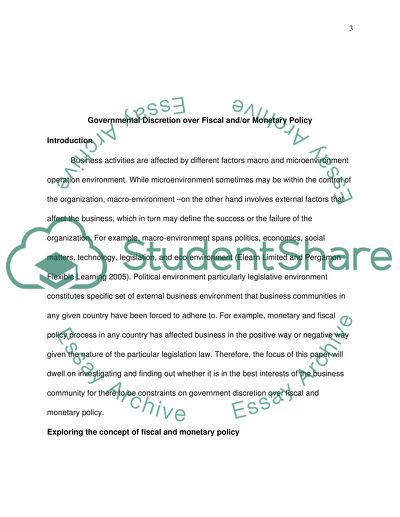Cite this document
(“Reflecting on whether it is in the best interests of the business Essay”, n.d.)
Retrieved from https://studentshare.org/environmental-studies/1405445-reflecting-on-whether-it-is-in-the-best-interests
Retrieved from https://studentshare.org/environmental-studies/1405445-reflecting-on-whether-it-is-in-the-best-interests
(Reflecting on Whether It Is in the Best Interests of the Business Essay)
https://studentshare.org/environmental-studies/1405445-reflecting-on-whether-it-is-in-the-best-interests.
https://studentshare.org/environmental-studies/1405445-reflecting-on-whether-it-is-in-the-best-interests.
“Reflecting on Whether It Is in the Best Interests of the Business Essay”, n.d. https://studentshare.org/environmental-studies/1405445-reflecting-on-whether-it-is-in-the-best-interests.


